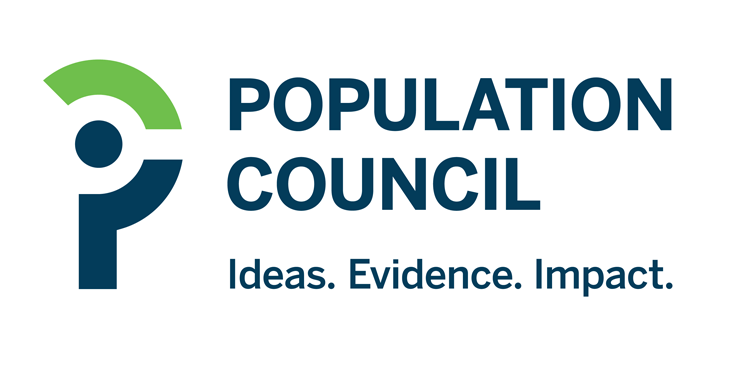By Hamid Khan Wazir
ISLAMABAD, Pakistan: In collaboration with the Association for Mothers and Newborns (AMAN) and the Society of Obstetricians and Gynecologists (SOGP), with financial support from the United Nations Population Fund (UNFPA), the Population Council on Tuesday launched a Reproductive Health Helpline providing support and counseling to women on their reproductive health issues.
Speaking at the media briefing, Dr. Azra Ahsan, President, AMAN informed, “The Helpline will host a pool of health experts available through phone calls to provide medical assistance to women callers on family planning, maternal health, essential newborn care and reproductive health issues. Doctors will also provide medical advice on how pregnant women can keep themselves safe against the Covid-19; gender-based violence; proper nutrition; contraception and hygiene practices.”
Informing about the utility of the Helpline, Dr. Azra said AMAN, with support of SOGP, conducted extensive training of specialized obs. and gynecologists doctors and equipped them with the necessary knowledge to assist the callers on various reproductive health issues. The doctors will be available daily to assist the callers.
Callers can call the Helpline from anywhere in Pakistan and receive easy and quick access to basic medical care from their homes. The helpline can be dialed at 021- 35205383 and will be available Monday to Saturday, from 9 am to 5 pm.
Speaking to the journalists, Dr. Ali Mir, Senior Programs Director, Population Council said, “For most women in reproductive ages, family planning is critical as other health care. Emergency response to the COVID-19 outbreak means that resources for essential maternal, newborn health, gender, reproductive health services are diverted to deal with the outbreak.
The Helpline is an important development to ensure that accurate and timely information reach women across Pakistan to avoid delay or disruption in maternal and reproductive health services due to the virus outbreak.”
Maternal health services decline by up to 20%: Report
Briefing the media, Samia Ali Shah, Project Director, Population Council presented some projections made by UNFPA on the impact of COVID-19 on family planning, reproductive health, and gender-based violence in Pakistan. The projections suggest that significant increases in maternal and newborn deaths and stillbirths would occur if health service use declines from the current usage levels. “Reproductive health and rights of married couples in Pakistan are likely to get sidelined during COVID-19. Maternal health services decline by up to 20%, would be resulting in over 200,000 additional births, over 2000 maternal deaths, and about 58,000 still births in the next three months. Service disruptions of family planning services are likely to leave an additional 2 million women with unmet need for contraception, cause over 900,000 unintended pregnancies and over 350,000 unsafe abortions. Similarly, a decline in women protection services puts 1.6 million additional women at the increased risk of domestic violence during the lockdown in Pakistan.”
The government needs to act quickly to safeguard essential reproductive including family planning, maternal, and newborn health services that remain available as COVID-19 progresses. Talking about media’s role for responsible reporting during Covid-19, Ms. Shah stressed how media can play a key role in dispelling rumors, misinformation, and spreading of false news by reporting accurately on facts, debunking myths, and encouraging people to adopt right behaviors.
Reaffirming SOGP’s support to the Helpline, Dr. Haleema Yasmin, General Secretary, SOGP stated that discrimination against women remains a major global public health threat and cannot be ignored during emergencies. “In these times of heightened sensitivity where there is a lot of misinformation circulating around, the Helpline has been established to provide quality online services to ensure that accurate information and services reach women living in rural, semi-urban and urban areas seeking reproductive and maternal health information,” she said.
In their concluding remarks, UNFPA representative reiterated UNFPA’s commitment for expansion of family planning services in Pakistan to improve reproductive health, reducing fertility and reaching a balance between population growth and socio-economic development of the country.
